Supermarket GM ban hits British poultry sector hard
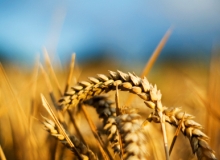
Britain’s major retailers have agreed to prohibit British poultry farmers from using GM-feed. This measure is not imposed on other livestock sectors. As a result feed costs escalate.
Rob Newbury, NFU chief poultry advisor, branded the supermarkets’ stance as ‘ludicrous’ adding poultry farmers and consumers were suffering the consequences.
Poultry farmers suffer
Coupled with a sharp increase in the price of wheat he said poultry farmers had ‘barely enough’ income to cover their costs and ‘little room for investment’.
Newbury said the non-GM soya premium was £53/tonne (€61.66), or £10/tonne (€11.63) on a finished ration, and estimated it would cost the entire poultry industry £62 million (€72.1m) a year.
The sharp increase in soy has been compounded by skyrocketing wheat prices which have increased 60 to 80% since July thanks mainly to intense market speculation and the Russian decision to ban wheat exports.
Because feed accounts for almost 70% of the cost of producing eggs and poultry meat, any fluctuation in price has a significant impact on farmers’ income.
Pig farmers also suffering
Copa-Cogeca, the European body of farm unions, said pig producers were also suffering from spiralling feed costs. “Lately, feed costs have risen sharply, partly due to the speculation in the international cereals market. EU pig producers are consequently facing major difficulties, especially as they have not had time to recover from the 3 year crisis in the EU pigmeat sector,” Pekka Pesonen, Copa-Cogeca Secretary-General said.
Release of intervention stocks
The European Commission has reacted with an announcement to release 3 million tonnes of grain from intervention stocks to curb the rising feed costs.
The measure, which will be rolled out between March and August next year, has been welcomed by the industry.
Join 31,000+ subscribers
Subscribe to our newsletter to stay updated about all the need-to-know content in the poultry sector, three times a week. Beheer
Beheer

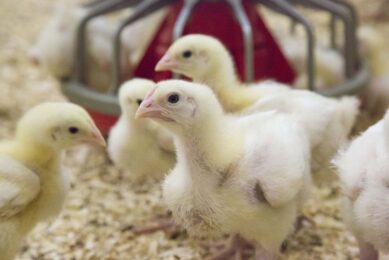
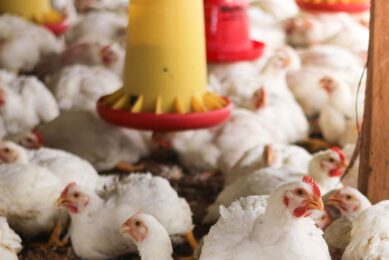
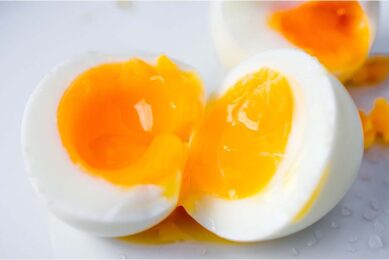
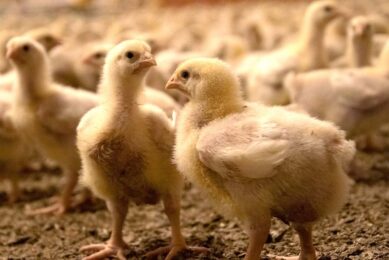



 WP Admin
WP Admin  Bewerk bericht
Bewerk bericht